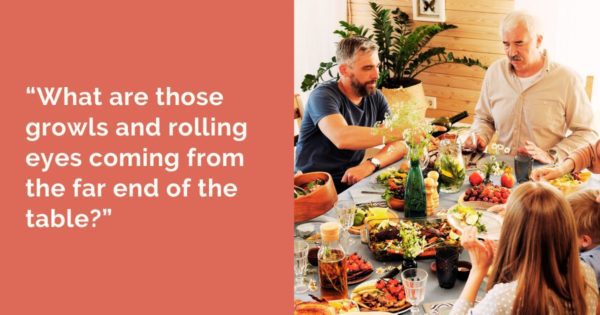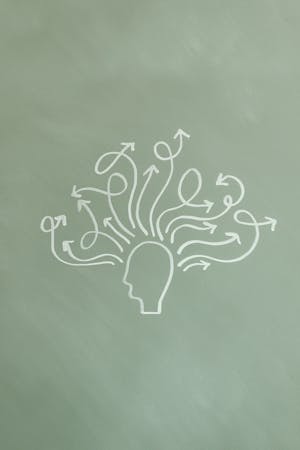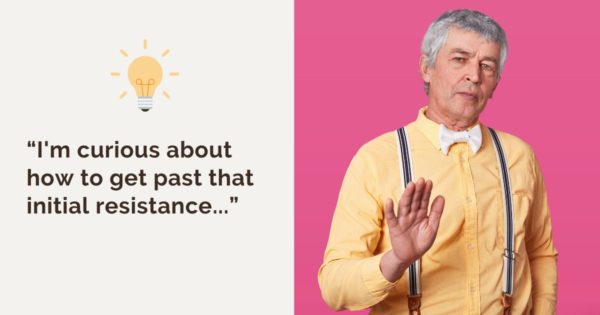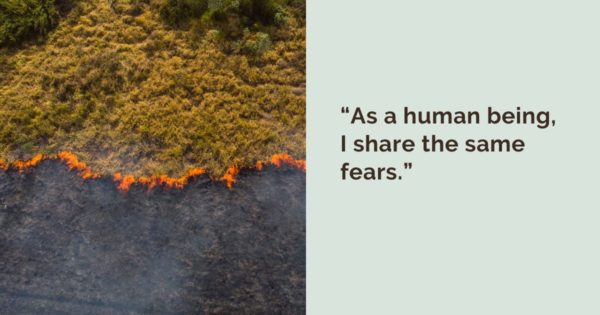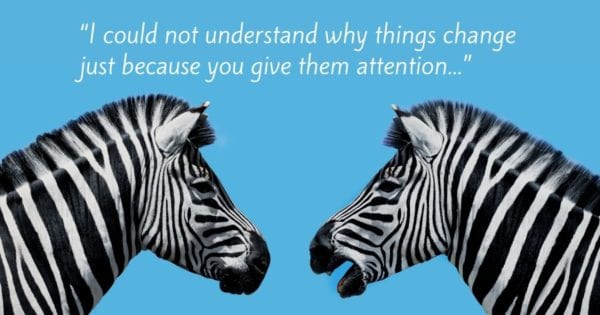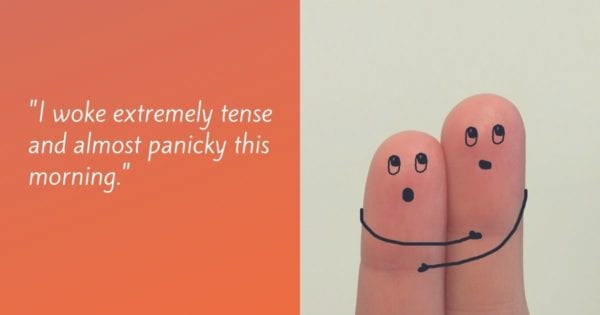Got Some Reading to Do? How Focusing Can Help
~~~~~~~~~~~~~~~~~~~~~~~~~~~~~~~~~~~~~~~~~~
I'm starting to teach (with Glenn Fleisch) a two-year program on Focusing-Oriented Psychotherapy, and as part of that, we have given our students a reading list of books and articles on Focusing-Oriented Psychotherapy.
Faced with this reading list, one of our students asked me if I had any suggestions about reading. Can Focusing help with reading? Yes, it can! –especially reading that is work or study-related.
First, as with Focusing itself, it's best to pause and set aside some time. To be calm, and sit comfortably.
Next, take some time to sense and acknowledge any distractions or emotional pulls on your attention. Saying "Hello I know you're there" to something that might otherwise divide your attention can greatly increase your ability to–well, to focus!
Next, I'd advise getting in touch with your reasons for reading whatever it is. Be honest. If the answer is "because I have to," I predict that your reading session won't be very productive. "Something in you" may be feeling rebellious or resentful or some other reactive emotion… and noticing and then acknowledging that will be important. Then ask freshly for YOUR reasons for reading this material. Maybe even take time to feel that intention in your body.
Now you're ready to read… in a Focusing way. That means staying aware, keeping your awareness in your body as you read. Start slowly… and speed up when you feel confident that you're "getting it." Sense for what in the material touches you, excites you, feels important to you, makes you want to argue, etc.
If you start to get confused, notice that, and pause. Try reading the confusing bit out loud… slowly.
Another tip is to use your empathy on the author. Just as you would with a Focusing partner, try sensing behind to words to what the author really wants you to know. See if you can sense what the author is passionate about. This can lead you to easily finding the main point or central theme of the reading. It can also make the reading feel more like a relationship than a duty… more like a communication than a one-way street.
Finally, when you've finished the segment you planned to read in that sitting, pause again and let yourself get a felt sense of what you've just read. Notice whether your predominant reaction is interest, confusion, argument, or… something else. If you're left with questions, those can become intentions for your next reading session.
Focusing helps with reading because you can slow down, stay connected to what you're reading, and stay with yourself at the same time. What a good idea!

